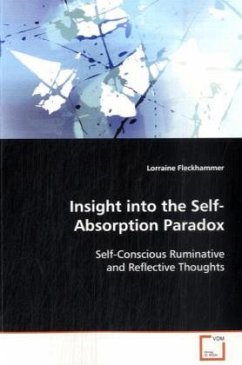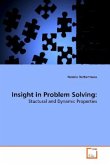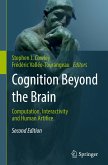The tendency to be self-aware (self-focused)
contributes to psychological well-being, yet, high
levels of self-focus are also linked to
psychological distress. This contradiction may be
due to specific cognitive styles of ruminative or
reflective thinking. A newly proposed typology of
coping and adjustment, based on different
combinations of rumination and reflection, was
investigated. Research participants were categorised
as belonging to one of four groups based on their
levels of ruminative or reflective self-focus and
examined on a number of variables. The pattern of
relationships that emerged was consistent with
expectations that only adaptable individuals (low on
rumination, high on reflection) would have little
association with symptoms of psychological distress
whereas the three other groups, repressives,
sensitiser and vulnerable would. The data provides a
clinician with the knowledge that awareness of
cognitive styles, whether a person is a self-focused
ruminator or self-focused reflector, is important in
assessing their suitability for particular
therapeutic techniques.
contributes to psychological well-being, yet, high
levels of self-focus are also linked to
psychological distress. This contradiction may be
due to specific cognitive styles of ruminative or
reflective thinking. A newly proposed typology of
coping and adjustment, based on different
combinations of rumination and reflection, was
investigated. Research participants were categorised
as belonging to one of four groups based on their
levels of ruminative or reflective self-focus and
examined on a number of variables. The pattern of
relationships that emerged was consistent with
expectations that only adaptable individuals (low on
rumination, high on reflection) would have little
association with symptoms of psychological distress
whereas the three other groups, repressives,
sensitiser and vulnerable would. The data provides a
clinician with the knowledge that awareness of
cognitive styles, whether a person is a self-focused
ruminator or self-focused reflector, is important in
assessing their suitability for particular
therapeutic techniques.








